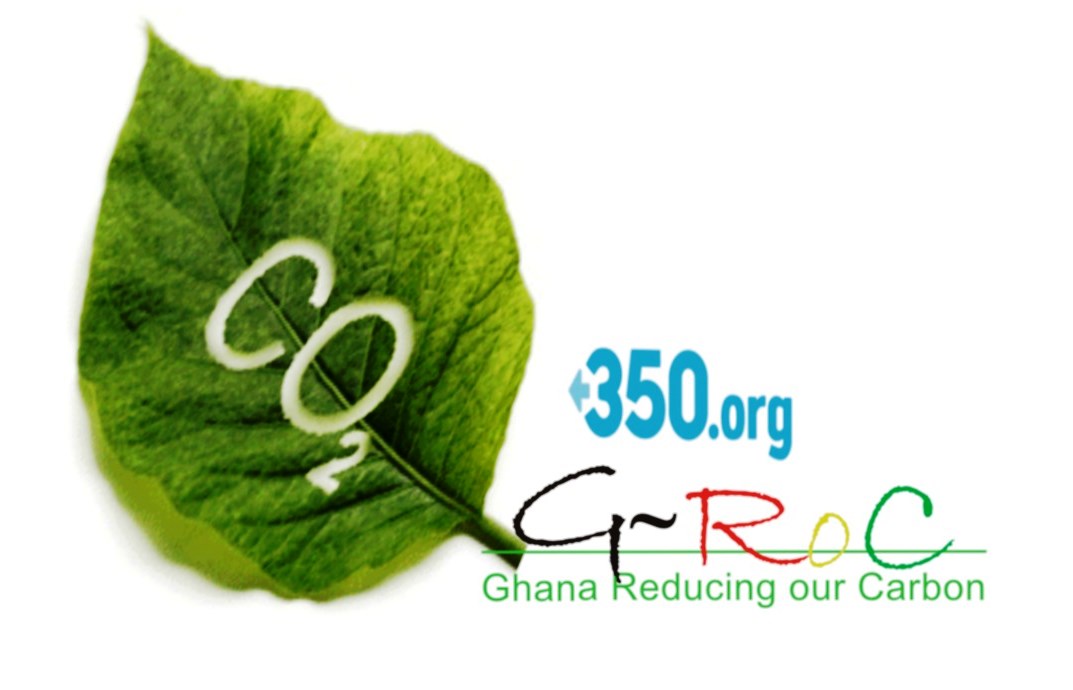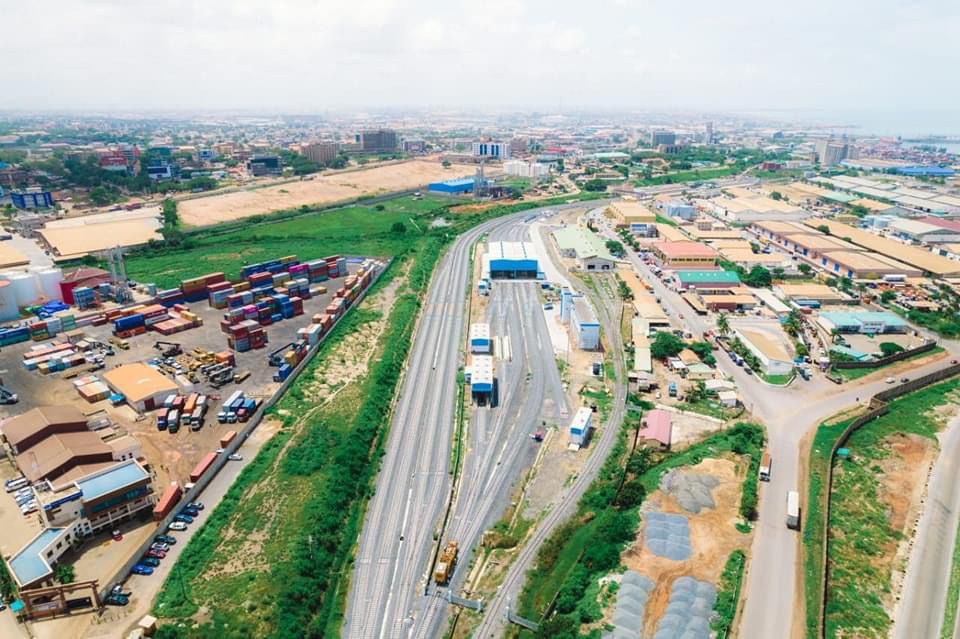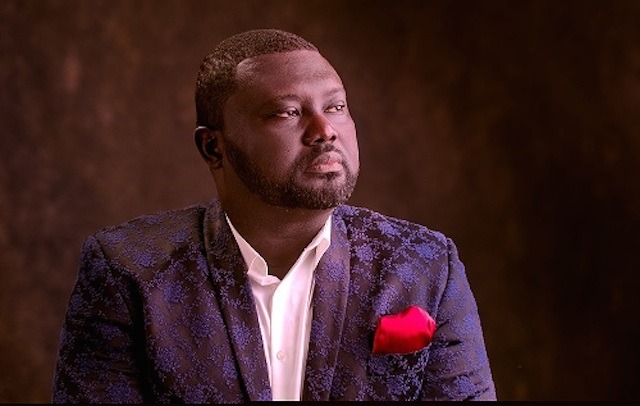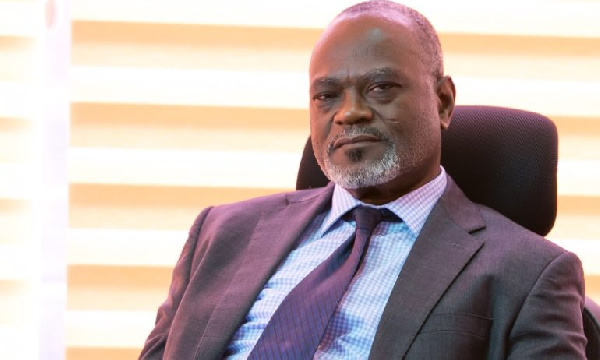
Chibeze Ezekiel writes: The development of renewable energy in Ghana

Prior to coming into government in 2016, the New Patriotic Party (NPP) captured Renewable Energy Development in its manifesto. The government organised a press conference to share its achievement within the first 100 days in office, one of which was that “government has established a policy to move all major government buildings, schools, hospitals, military, and police to solar energy”. Again during his 2019 State of the Nation Address on February 21st, the President stated that “Jubilee House will also be powered, as from August this year, by solar energy, as an example to other public institutions”.
Even though the timelines were not met, a 912-kilowatt solar panel installation recently commenced at the Presidency. The entire Jubilee House — the seat of government — is expected to be powered with solar energy by the end of June 2020 if arrangements go according to plan. According to media reports, this is expected to reduce dependence on electricity from the national grid by not less than 60% in fulfilment of President Akufo-Addo’s promise when he was delivering the State of the Nation Address to Parliament last year.
“Having visited the site, I am very much impressed with the progress on site. This work is part of government’s agenda towards inclusion of renewable energy in our energy mix. As a government, we believe in the importance of renewable energy. We have a target of 10% as a proportion of our energy mix within 2020. Already, we are behind that schedule,”
In a related development, the President has cut the sod for the construction of two solar power plants in Kaleo and Lawra, all in the Upper West Region, under the 17-megawatt peak solar power project. The President indicated that this project reaffirms the commitment of his Government to diversify the country’s energy generation portfolio and thereby help increase the renewable energy component of Ghana’s energy mix, and contribute to her fight against the effects of climate change. He stated that the project will “see to the construction of a 13-megawatt peak project in Kaleo and a 4-megawatt peak project in Lawra. This will help Ghana avoid an estimated seven thousand, four hundred (7,400) tons of carbon dioxide emissions every year; making our country a cleaner place to live in.” He continued, “the project at Lawra is scheduled to be completed in June this year, with the one in Kaleo also scheduled to completed by December this year. When finished, both projects will generate enough energy to power some thirty-two thousand (32,000) households, and increase the geographic spread of power generation in the country.”
These solar power plants, the first of their kind in the Upper West Region, would mean that the Region also has its fair share of power generation assets in the country. This, President Akufo-Addo stressed, will be the first grid-connected solar power plant in the Upper West Region, and he was, thus, expectant that it will serve as the impetus for the development of the region. “The plants will also reduce the amount of energy that would have, hitherto, been transmitted from the hydro and thermal plants located in the south, and, thereby, help reduce transmission losses on our national grid. It will also create employment for our youth during the construction and operation stages of the project,” the President added.
We at 350 G-ROC therefore want to congratulate President Akufo-Addo for taking these impressive steps in the fulfillment of his promises or manifesto pledges notably:
1. Increase the proportion of renewable energy in the national generation mix by harnessing alternative energy options to ensure the expansion of low carbon energy in our economy.
2. Rapidly move to the adoption of a distributed solar energy solution for all government and public buildings to reduce demand on the national grid and reduce government expenditure on electricity.
3. Build solar parks in the northern part of the country. To achieve this, we will provide investment tax credits to owners of commercial, industrial, and utility-scale solar photovoltaic (PV) systems to take a one-time tax credit of qualified installed costs.
4. Develop solar and wind mini-grids for irrigation and community water supply around the country through Public-Private Partnerships (PPPs), and
5. Ensure a local supply of solar panels to meet the requirement of our policy proposals, by establishing a Renewable Energy Industrial Zone where the private sector will be supported to build factories for the production and assembling of the full components of solar power systems.
Additional plans include:
6. Aggressively pursue energy conservation and the efficient use of energy, including the reduction of transmission losses. In 2007, the NPP government led a nationwide free distribution of 6 million compact fluorescent bulbs to consumers to replace incandescent bulbs, which led to a saving of about 200MW. We will implement similar initiatives involving LED bulbs and the introduction of Minimum Energy Performance Standards for electric motors and industrial equipment.
7. Ensure that energy is produced and used in an environmentally sound manner
8. Work within the framework of Ghana’s obligations under the Clean Development Mechanism (CDM). Under this framework, the NPP will ensure that the least cost environmentally friendly technologies are prioritized in the expansion of the country’s thermal generation portfolio. In particular, the Renewable Energy law will be reviewed to regulate and incentivise investments in renewable technologies.
9. Explore the possibility of geothermal and tidal wave energy.
We, therefore, urge the government to invest more, provide the necessary incentives and enabling environment towards upscaling renewables in attaining the objectives of Ghana’s Renewable Energy Master Plan (REMP) hence hitting the 10% renewable energy target into the energy mix by 2030. Additionally, this will demonstrate the President’s exemplary or leadership role as a Co-chair of the Eminent Group of Advocates for the UN Sustainable Development Goals (SDGs).
350 G-ROC is a formal network of youth groups and individuals formed with the aim of mobilizing and empowering young people to actively champion the need to reduce our carbon emissions and promote renewable energy systems as a key effort in combating climate change. Since 2016, we have been actively promoting renewables as better alternatives to fossil fuels.
We are currently supporting 5 District Assemblies in Greater Accra to mainstream renewables into their respective Medium Term Development Plans (MTDPs)
Contact:
Chibeze Ezekiel
Coordinator
350 G-ROC
[email protected]
Source: citifmonline.com






